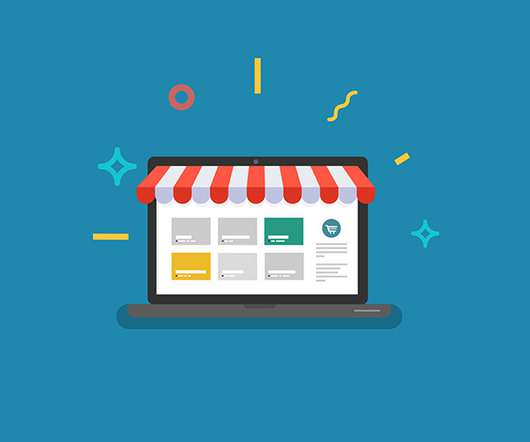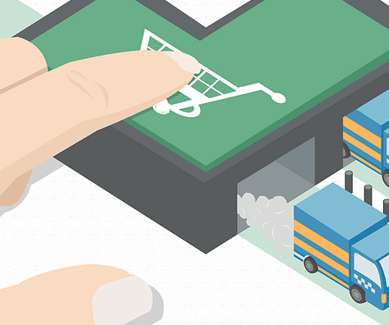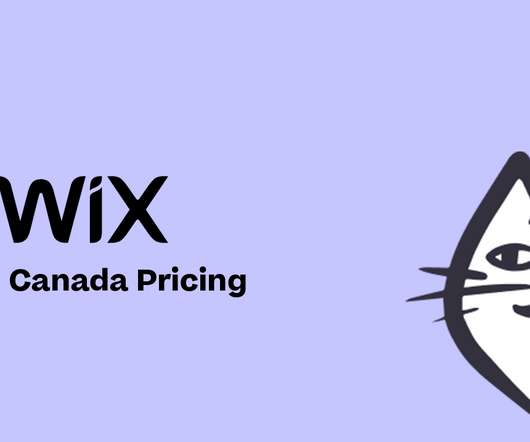Shopify Payments Review: The Most Elementary Alternative To 3rd Party Gateways
Ecommerce Platforms
SEPTEMBER 26, 2019
So what if I told you that, with Shopify Payments, you don’t need to hang on to 3rd party gateways anymore? This e-commerce sales channel has quite strikingly, stepped up a notch higher in the market via its integrated payment solution. What is Shopify Payments? Shopify Payments accepts credit card transactions.












Let's personalize your content